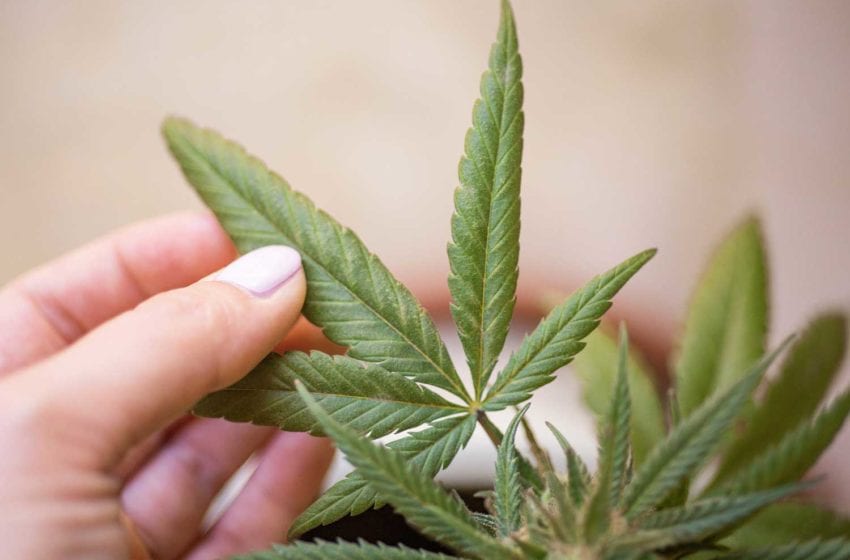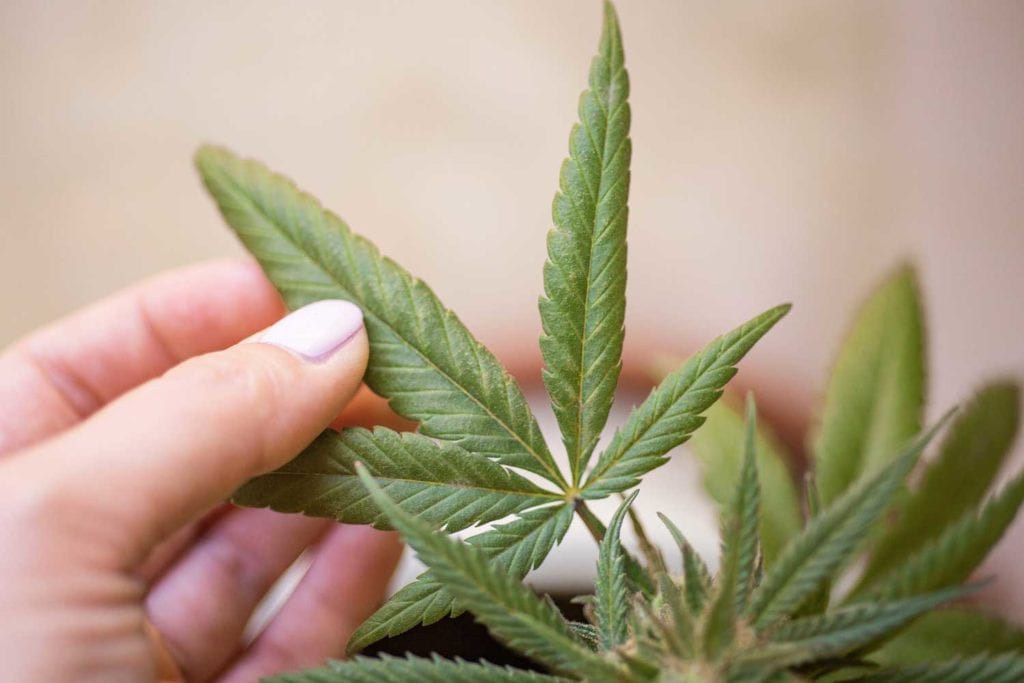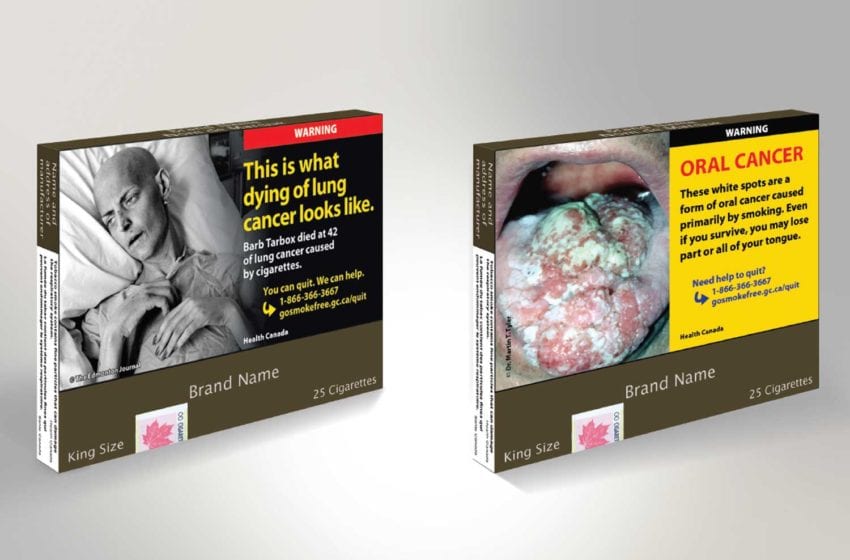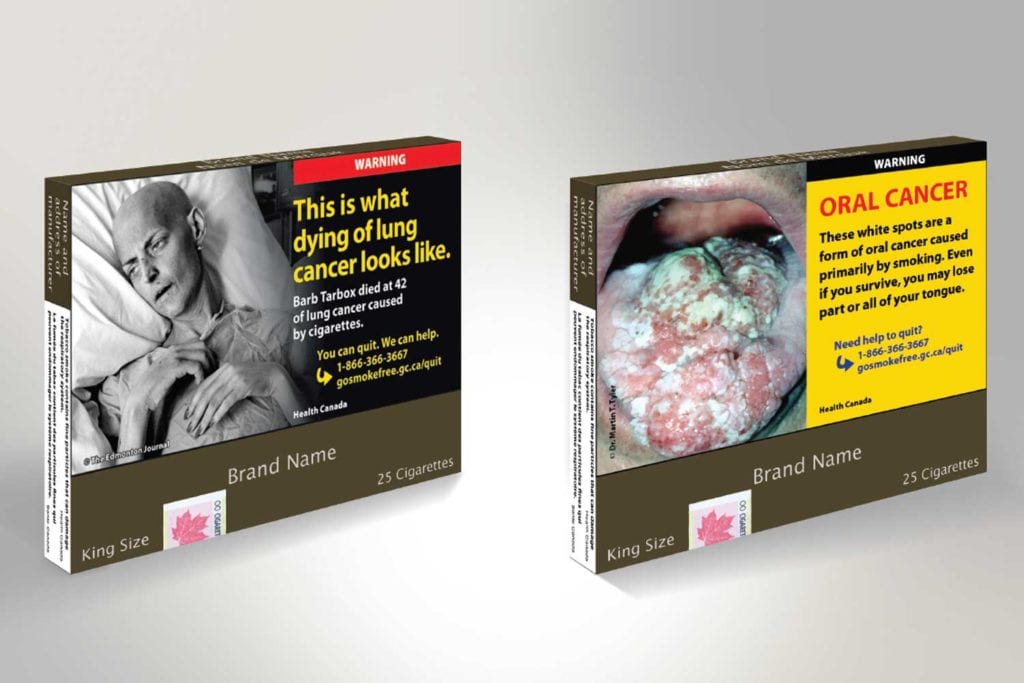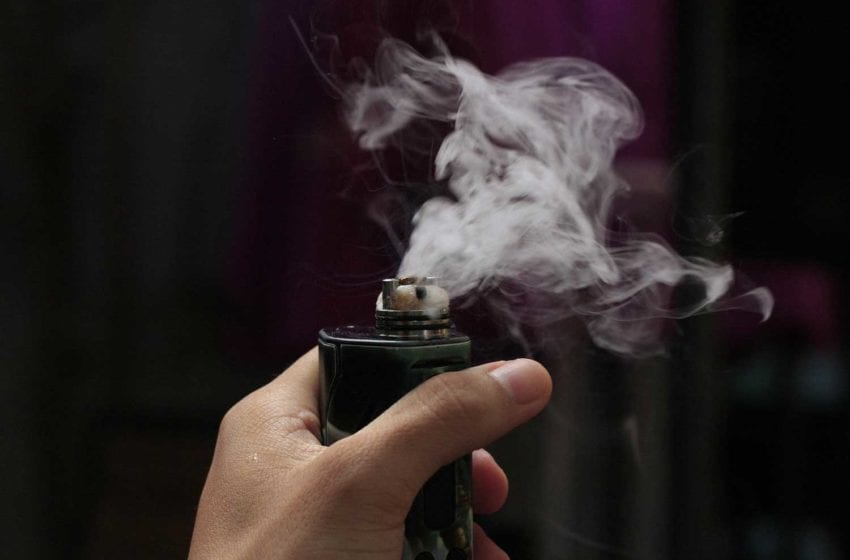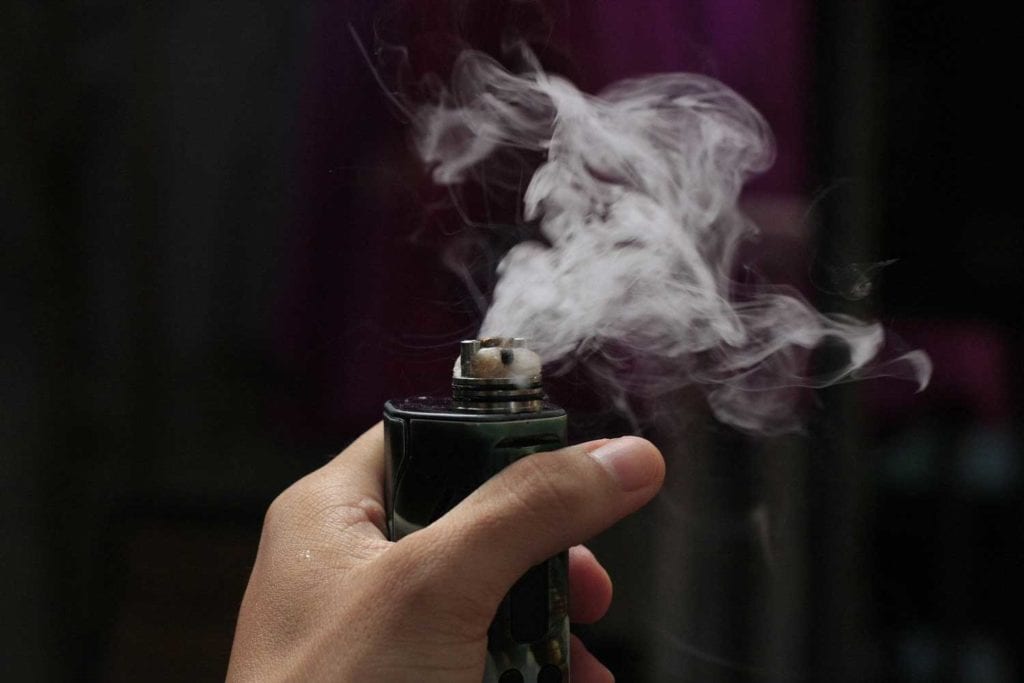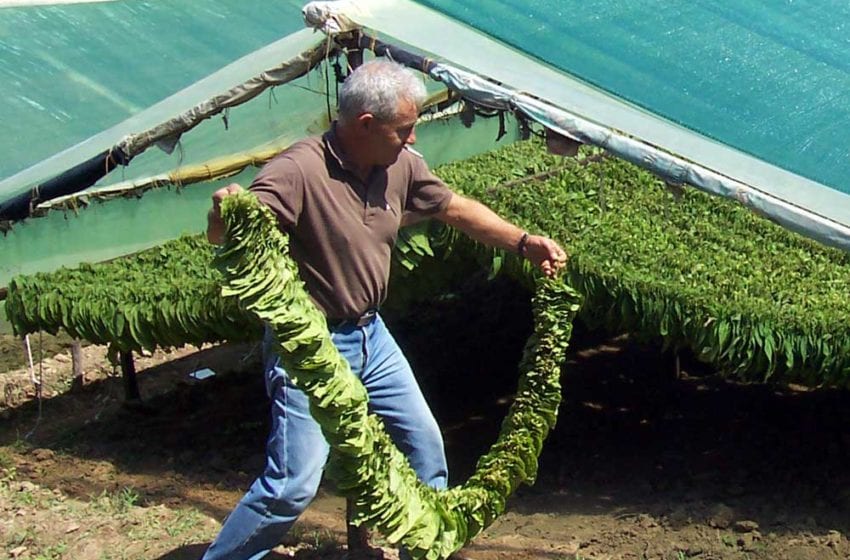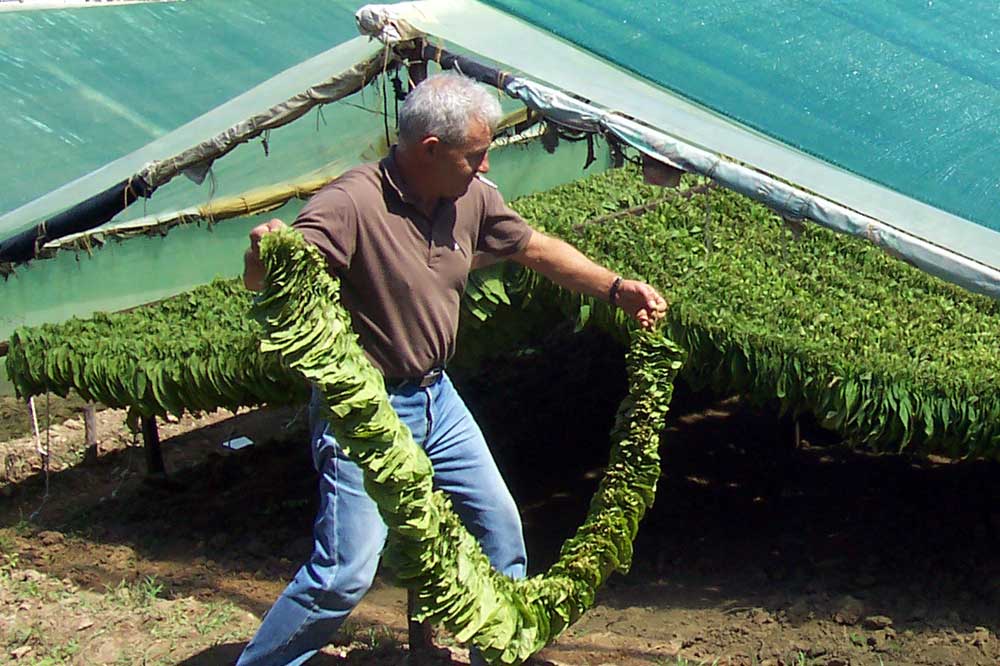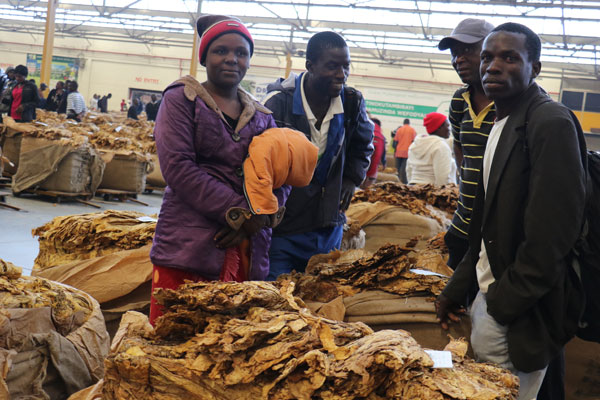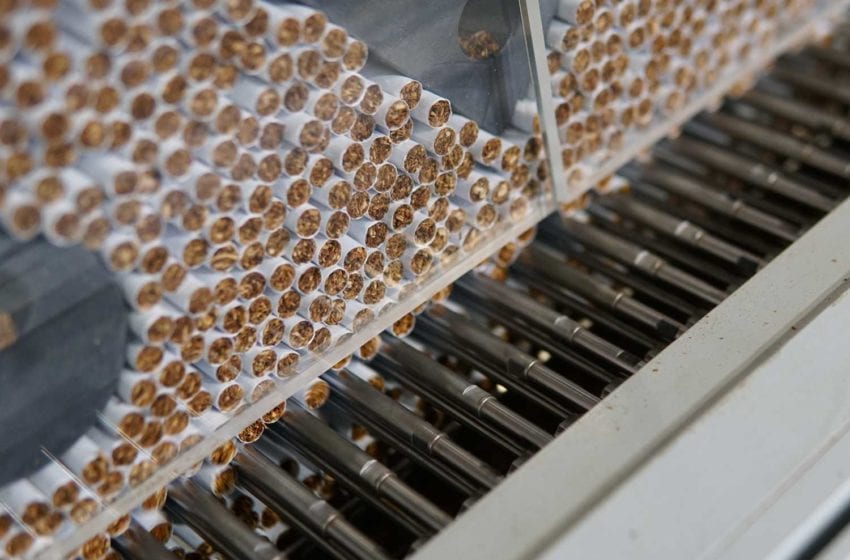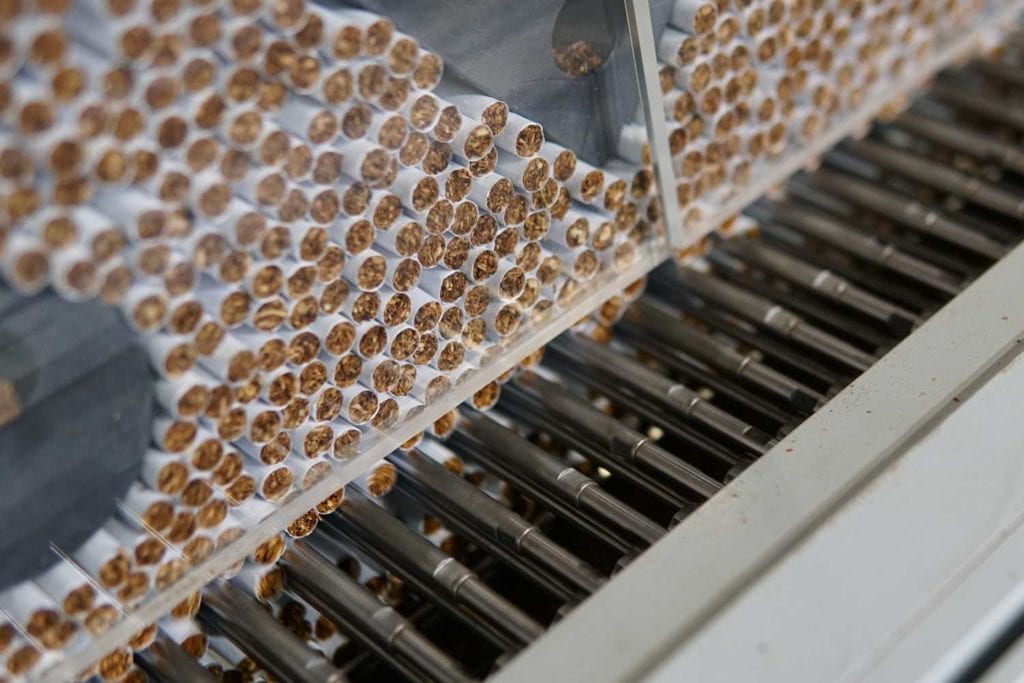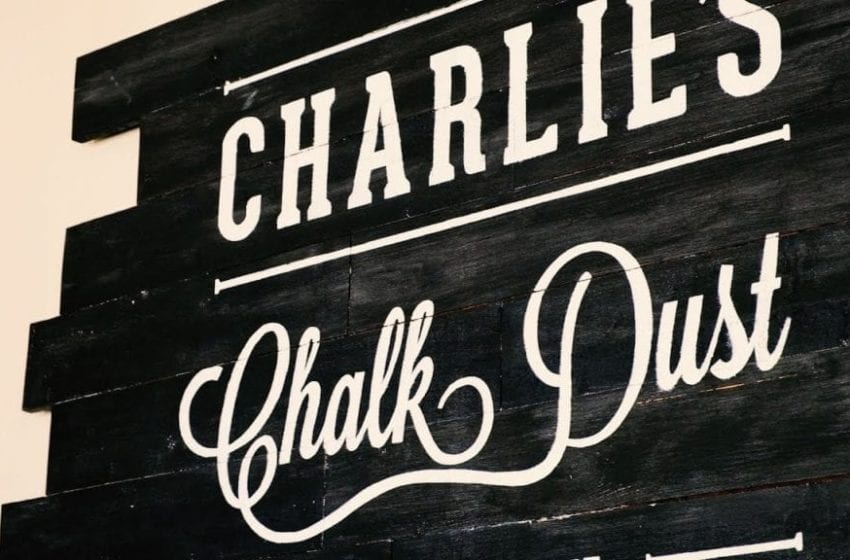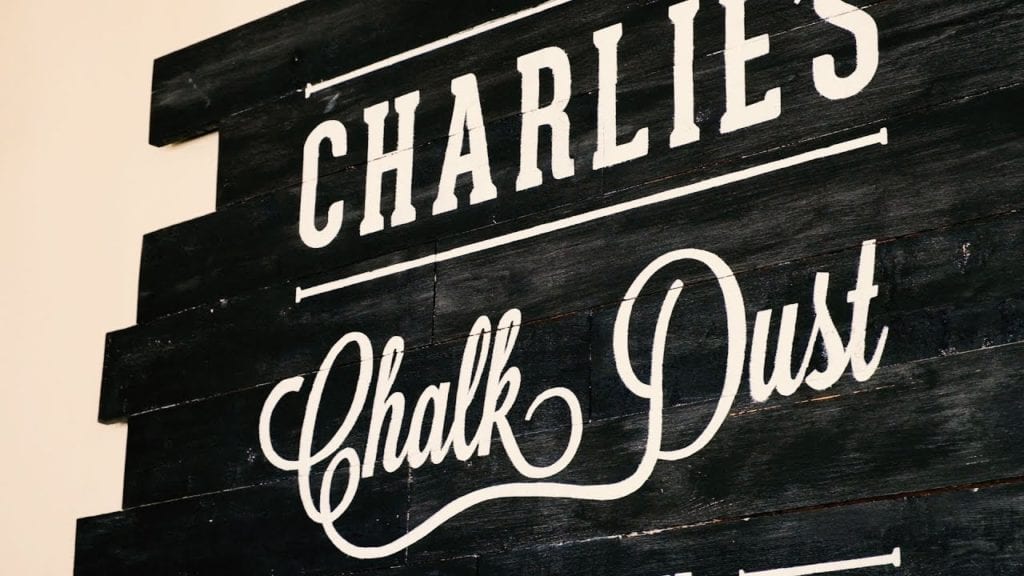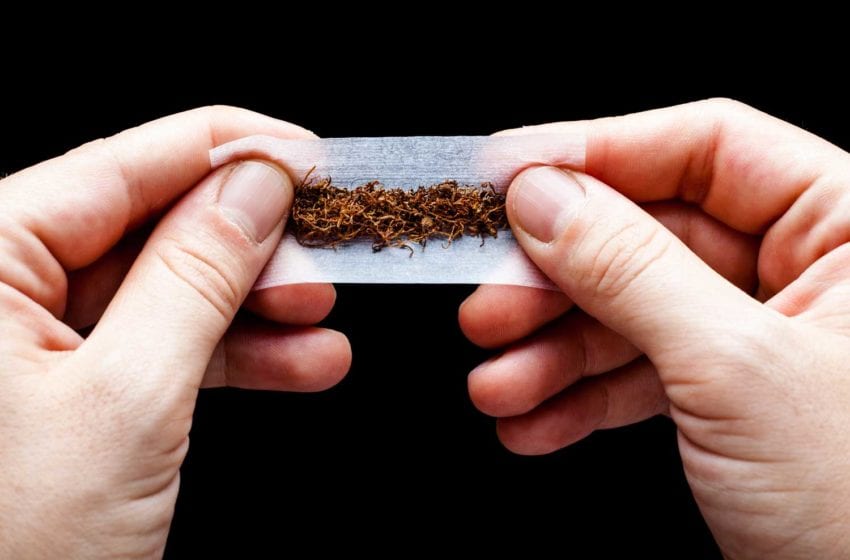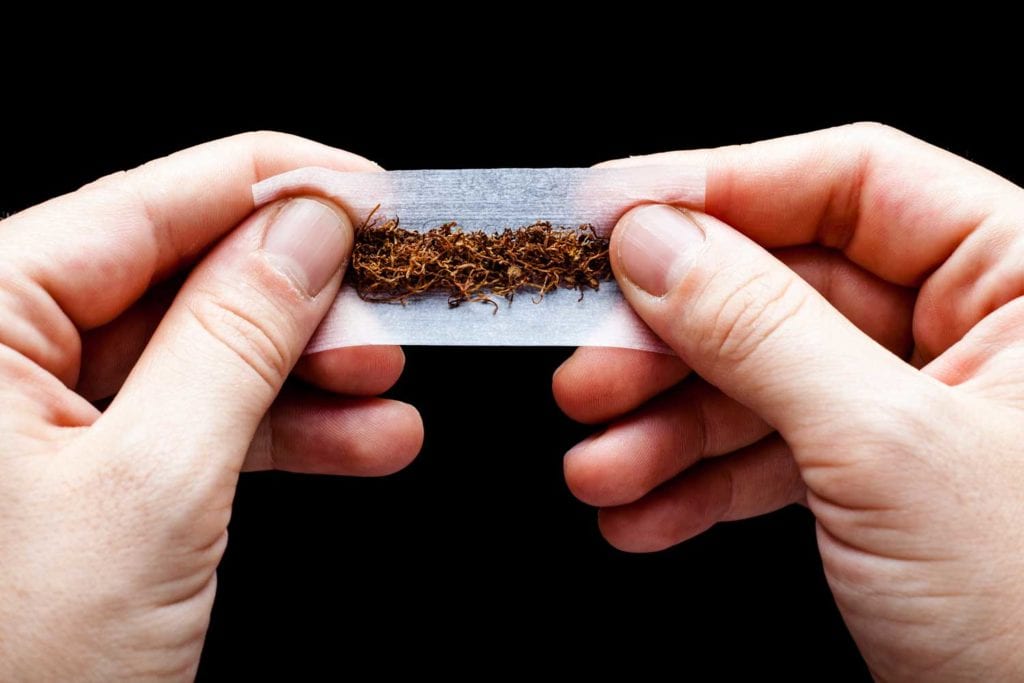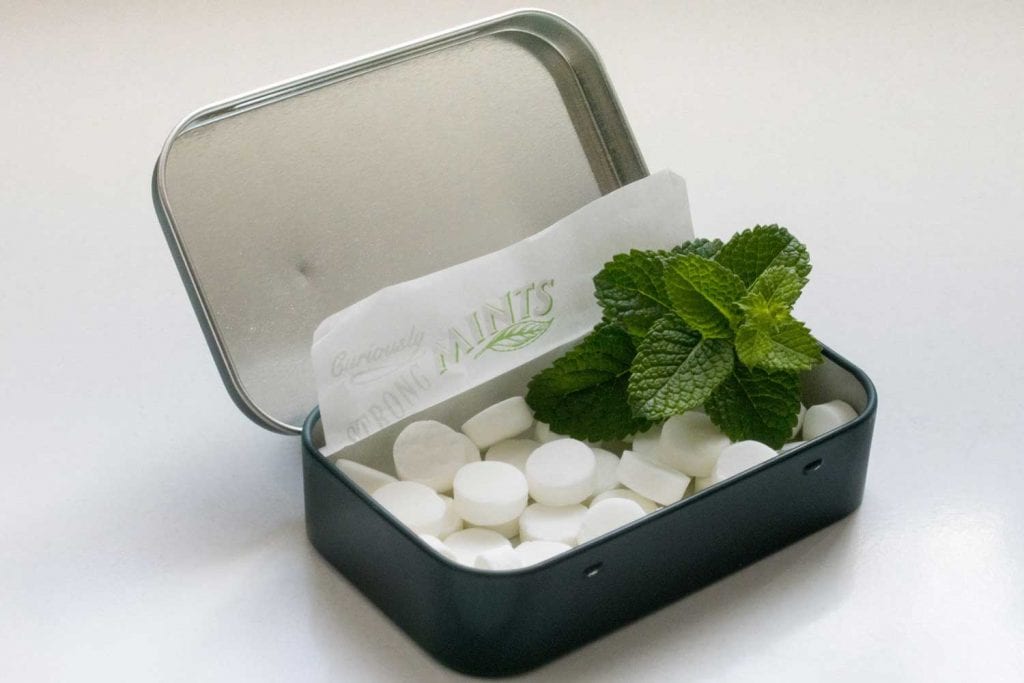
Demand for menthol is projected to grow even as authorities restrict its use in cigarettes, according to a new report published by Transparency Market Research.
The authors of the study expect the market to reach $1.2 billion by 2030, partly because of the continuing popularity of menthol cigarettes.
Menthol is a crystalline organic compound that can be synthesized or derived naturally from plants such as peppermint, mint oil and corn mint. Menthol is utilized in an extensive variety of confectionary items, such as candies, cough drops and chewing gums, because of its high nutritional and medicinal value.
It is also utilized in pharmaceuticals, such as in inhalation items and ointments. Such extensive use of the product is estimated to foster growth of the global menthol market in the years to come. Menthol is traditionally extracted by collecting and processing mint leaves. Changes in climatic conditions, on the other hand, appear to affect the total supply of menthol and cause instability in the global menthol market in the near future.
Despite the U.S. Food and Drug Administration’s continuing scrutiny of the health quotient associated with menthol, these products have stayed free from significant regulatory bans across the globe, resulting in steady development in the global menthol market. This trend is expected to continue throughout the assessment timeframe. Another major factor anticipated to augment market growth is high demand for menthol from the food and beverage sector. There is a growing demand for sweet-tasting flavorings, especially among the young adults around the world, which is likely to foster growth of the global menthol market in the years to come.
Menthol cigarettes have a sizable market share in the combustible cigarette market. Furthermore, the menthol market is expected to expand at a steady rate as a growing number of new smokers choose menthol cigarettes over traditional cigarettes. While sales of menthol cigarettes continue to rise year after year, increasing public awareness about the adverse effects of tobacco products and tobacco is predicted to stifle demand for menthol cigarettes later during the forecast timeframe.
In May 2020, the EU banned sales of menthol cigarettes. Critics have accused the tobacco industry of sidestepping the ban with innovative products. While cigarette manufacturers have developed alternatives for former EU menthol smokers, they insist their new products comply with the law.
According to a recent article in The New York Times, the likelihood of a ban on menthol cigarettes in the United States is increasing as the impact of menthol cigarettes on Black Americans becomes clearer.


